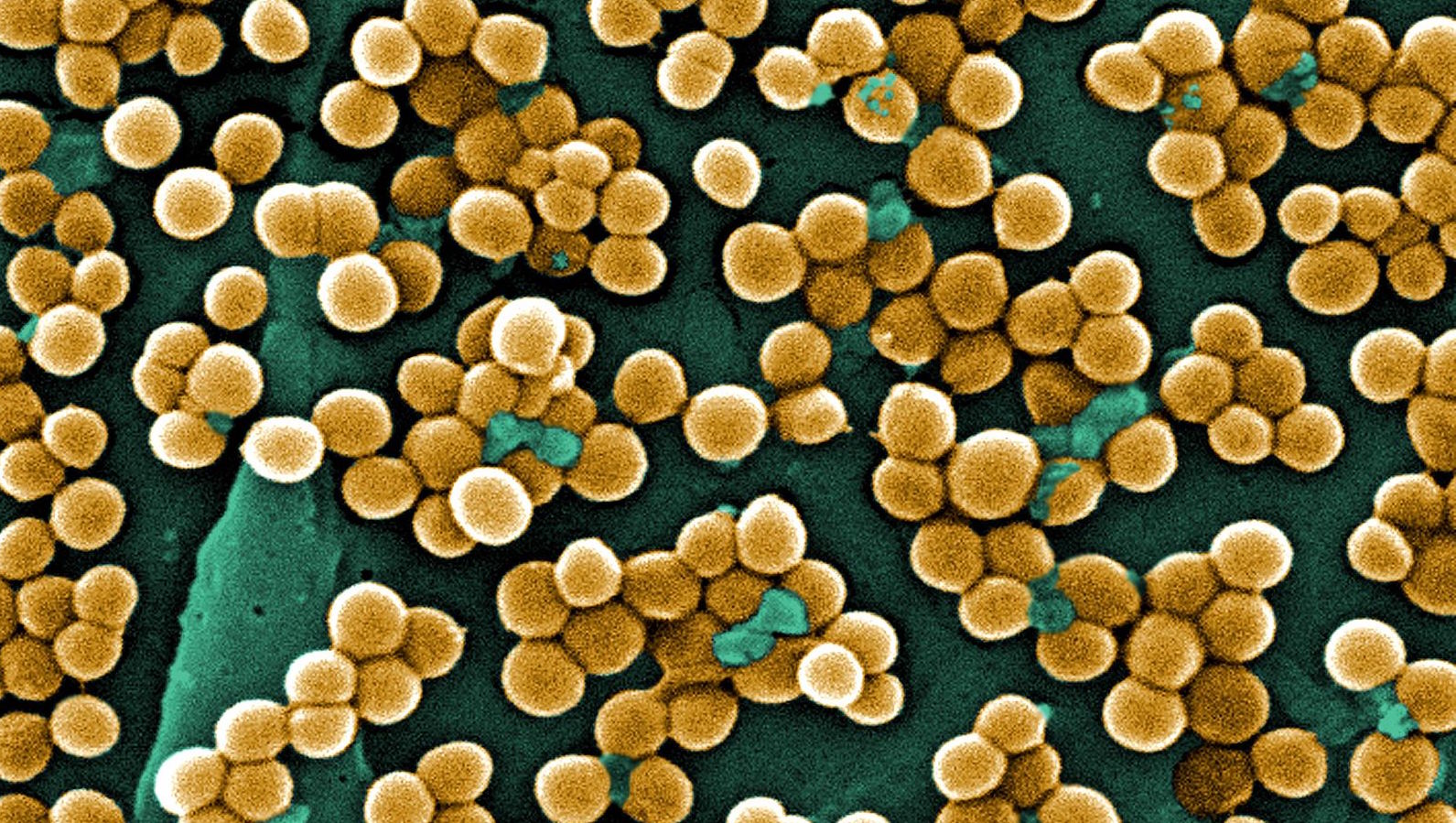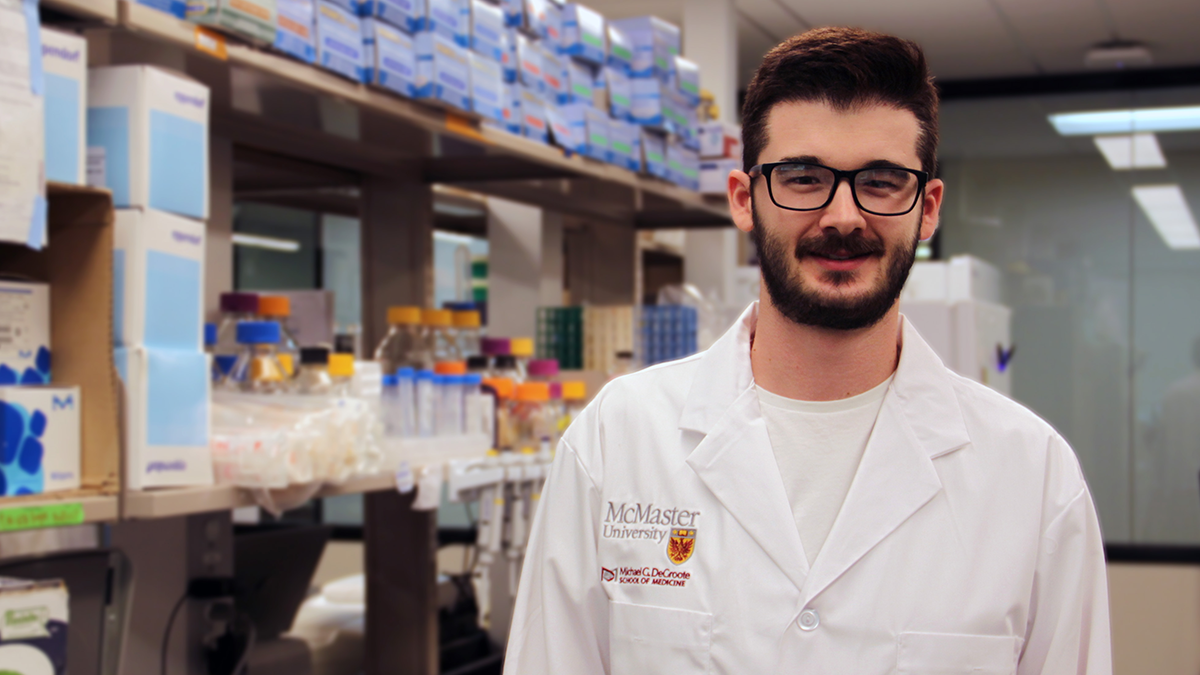An Innovative Approach to Taking on Superbugs Uses Antagonism

Researchers at McMaster’s Michael G. DeGroote Institute for Infectious Disease Research (IIDR) have identified a promising lead in the search for new antibiotics.
In a study published in the Proceedings of the National Academy of Sciences, they conclude that clomiphene – a widely used fertility drug – exhibits cryptic antibacterial activity against methicillin-resistant Staphylococcus (MRSA).
Researchers observed clomiphene’s potential to reverse methicillin resistance in MRSA after designing an innovative screen to find compounds that would antagonize, or suppress, the activity of targocil – a small molecule inhibitor that targets pathways essential for bacterial cell wall biogenesis.
What’s more, they discovered that clomiphene increases the effect, or potentiates, penicillin-class antibiotics.
This research is the first of its kind, says Dr. Maya Farha, a member of the Brown Lab and the study’s lead researcher. “To our knowledge antagonism has never really been used in a large-scale fashion to discover new drug leads.
“What’s most exciting is that we were able to develop an unconventional screening platform, which has allowed us to explore and explain uncharted biology.”
MRSA is a drug-resistant form of Staphylococcus aureus (S. aureus) – which has quickly become the most common cause of serious hospital-acquired infections. According to the Public Health Agency of Canada, rates of healthcare-associated MRSA infection and colonization have been steadily increasing for more than a decade.
Moreover, The Centers for Disease Control and Prevention (CDC) recently reported that antibiotic-resistant germs like MRSA cause more than 2 million illnesses and at least 23,000 deaths each year in the United States alone.
Dr. Eric Brown, a professor in the Department of Biochemistry and Biomedical Sciences and corresponding author of the study, calls the discovery “humbling” and says, “It highlights the complexity of cell systems that we’re only beginning to get a handle on.
“It argues for the practical utility of drug-drug interactions, not just in the clinic, but in discovering new drug leads.”
NewsRelated News
News Listing

Faculty of Health Sciences ➚
McMaster researchers get federal funding to study emerging bird flu threat
News
1 day ago

Brighter World ➚
Putting the ‘ant’ in antibiotic discovery: How insects could be the key to fighting superbugs
News
2 days ago

November 6, 2024

